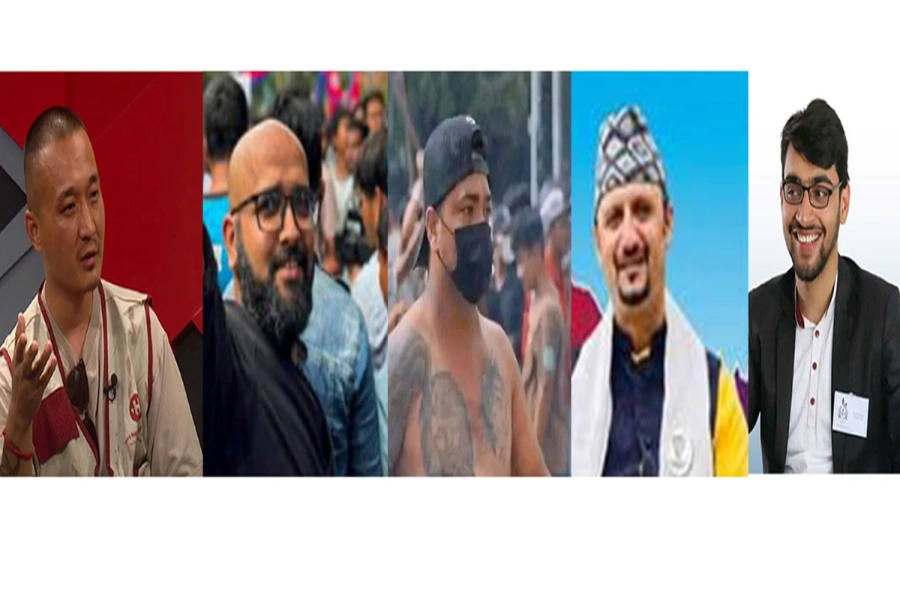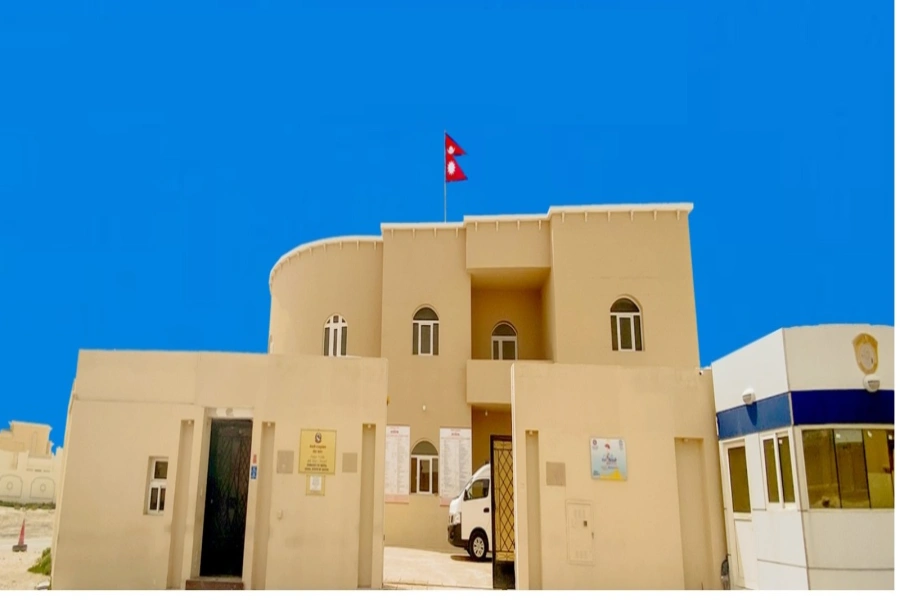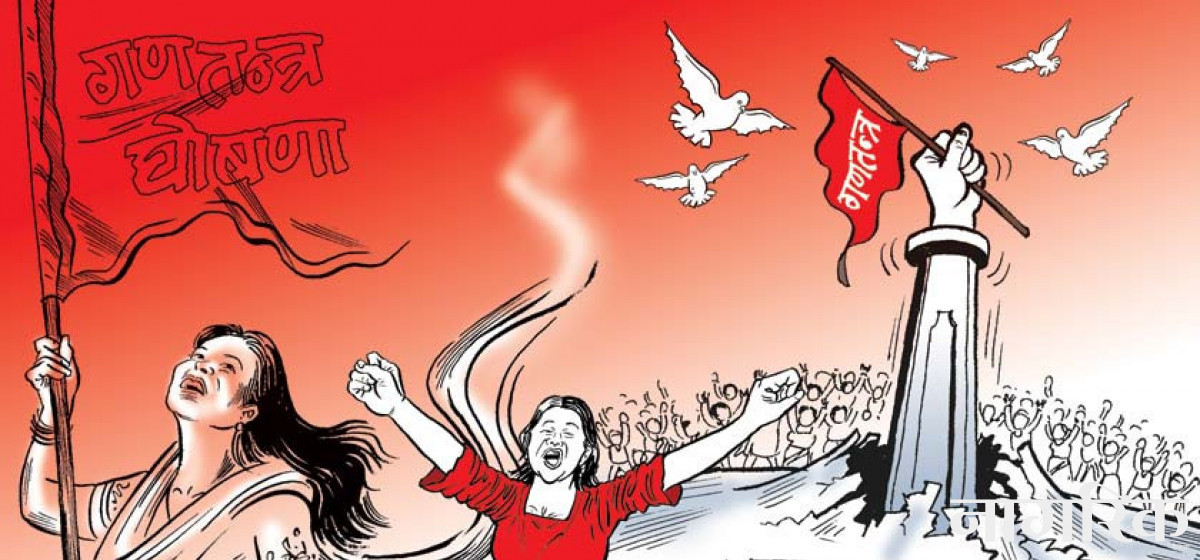In the aftermath of disasters, women’s specific humanitarian needs are often not adequately identified nor responded to. Women and other minorities face further marginalization during disasters
Every year Nepal faces some disasters that require a humanitarian response to help those affected. As we celebrate world humanitarian day in the middle of the monsoon here in Nepal, we want to celebrate the generous and incredible souls working tirelessly to provide this response.
We remind ourselves on this day that to devote one’s life to the humanitarian cause is to sacrifice home comforts, relationships and material gain to help others.
On the tenth anniversary of the World Humanitarian Day, we globally pay tribute in particular to the millions of women in humanitarian response—both the women caught up in crises who are often the first to respond and women humanitarians from around the world who travel wherever the need arises to help people affected by disasters.
Muslim community celebrating Eid-ul-Adha on Saturday

We are both women humanitarians and we have both been at the front line of humanitarian response. During the devastating 2015 earthquakes, the 2017 flooding and now we see Nepali women rallying and excelling in being first-line community responders, within Government and with our international partners to support those in need. On this day we salute and congratulate the humanitarian Nepali women.
We have used this occasion to organize an event highlighting the personal stories of women humanitarians in Nepal. These are inspiring stories of bravery and courage, pushing the limits on innovation and thinking differently. The stories they tell are about reaching vulnerable people, working on peace and security, working with technology to change lives and working with people to plan, prepare to be able to withstand future disasters. These are women from very different walks of life, but united by their common goal: Working in the service of humanity.
Today is also a day to reflect on how we ensure that when disaster strikes, women are not disproportionally affected.
With continued population growth, urbanization, stretched natural resources, and the impact of climate change becoming more critical, communities will require humanitarian assistance. Within these communities, women and girls are often at higher risk of disaster impact. In the aftermath of disasters, their specific humanitarian needs are often not adequately identified nor responded to. Women and other minorities—young and elderly women included—face further marginalization in events of natural disasters. Women’s voices must not be forgotten and their specific needs must be, addressed. The World Humanitarian Summit reminded us all to empower women and girls as change agents and leaders, including by increasing support for local level political leaders and local women’s groups to participate meaningfully in humanitarian action. This message is embodied in Nepal and in the women we see here today.
The Government of Nepal and the UN in Nepal continue to work closely together to bring gender equality to the forefront of nationally-led disaster response. Policies and strategies to ensure the specific needs of women are taken into account have been adopted and the UN and Government of Nepal actively work to bring women’s voices to the table in determining their need and designing interventions. Women must be supported to be their own change-agents to provide an equitable system for disaster response.
Looking ahead, we—as #womenhumanitarians—look forward with hope to working together with all stakeholders in preventing and preparing for emergencies, but also to be ready to respond when the need arises.
All over the world and here in Nepal, women are needed to help strengthen humanitarian response. On the day that we honor humanitarian workers who have lost their lives, and those who continue to take risks everyday in order to provide aid to people in need, we salute and commend all humanitarians—and in particular the #womenhumanitarians.
Indu Ghimire is the Joint Secretary at Disaster and Conflict Management Division of Ministry of Home Affairs. Valerie Julliand is United Nations Resident Coordinator to Nepal







































